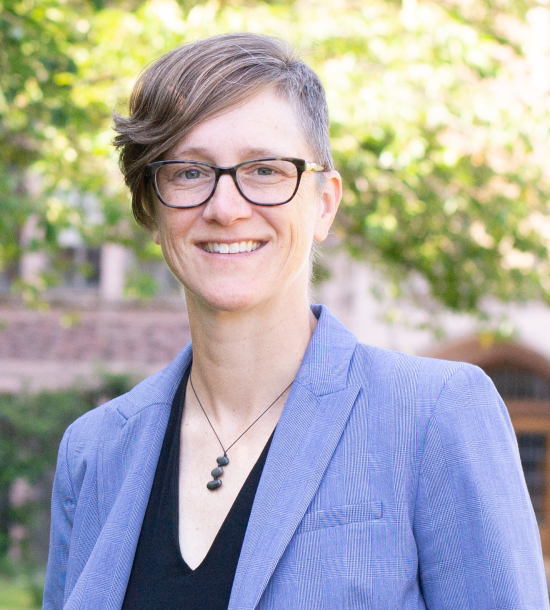Returning to “Rumoring” for Understanding and Responding to Misleading Content Online
Kate Starbird
Co-sponsored by the Goldman School of Public Policy and the Algorithmic Fairness and Opacity Group (AFOG)
Pervasive misinformation — and its more nefarious cousin, disinformation — can be harmful to our ability to collectively respond to crisis events, to public health, and to democracy more broadly. In this talk, I’ll describe our work at the Center for an Informed Public which seeks to built collaborative tools and systems for “rapid response” to misleading content online (and beyond).
I’ll present some of the findings from our first deployment of the Election Integrity Partnership, which tracked hundreds of distinct “incidents” of false, misleading, or unsubstantiated claims about election processes during the 2020 U.S. election. I’ll describe how these “participatory disinformation” flows were leveraged for political mobilization that led to the events of January 6, 2021. And I’ll explain why my colleagues and I are returning to an old lens of “rumoring” as we continue our rapid response work around the 2022 U.S. midterm election.
(This lecture was rescheduled from November 16, 2022.)
This lecture will also be live streamed via Zoom.
Kate Starbird is an associate professor in the University of Washington’s Department of Human Centered Design & Engineering (HCDE) and director of the Emerging Capacities of Mass Participation (emCOMP) Laboratory. She is also adjunct faculty in the Paul G. Allen School of Computer Science & Engineering and the Information School, and a data science fellow at the eScience Institute.
Kate is a co-founder of the University of Washington’s Center for an Informed Public, which formed in 2019 around a shared mission of resisting strategic misinformation, promoting an informed society, and strengthening democratic discourse. Kate’s research is situated within human-computer interaction (HCI) and the emerging field of crisis informatics — the study of how information-communication technologies (ICTs) are used during crisis events. Her research examines how people use social media to seek, share, and make sense of information after natural disasters (such as earthquakes and hurricanes) and man-made crisis events (such as acts of terrorism and mass shooting events). More recently, her work has shifted to focus on the spread of disinformation in this context. Kate’s research touches on broader questions about the intersection of technology and society—including the vast potential for online social platforms to empower people to work together to solve problems, as well as salient concerns related to abuse and manipulation of and through these platforms and the consequent erosion of trust in information.











